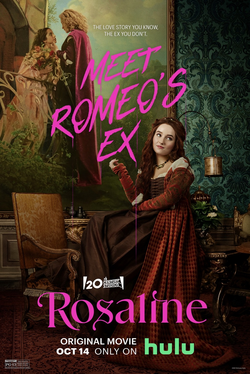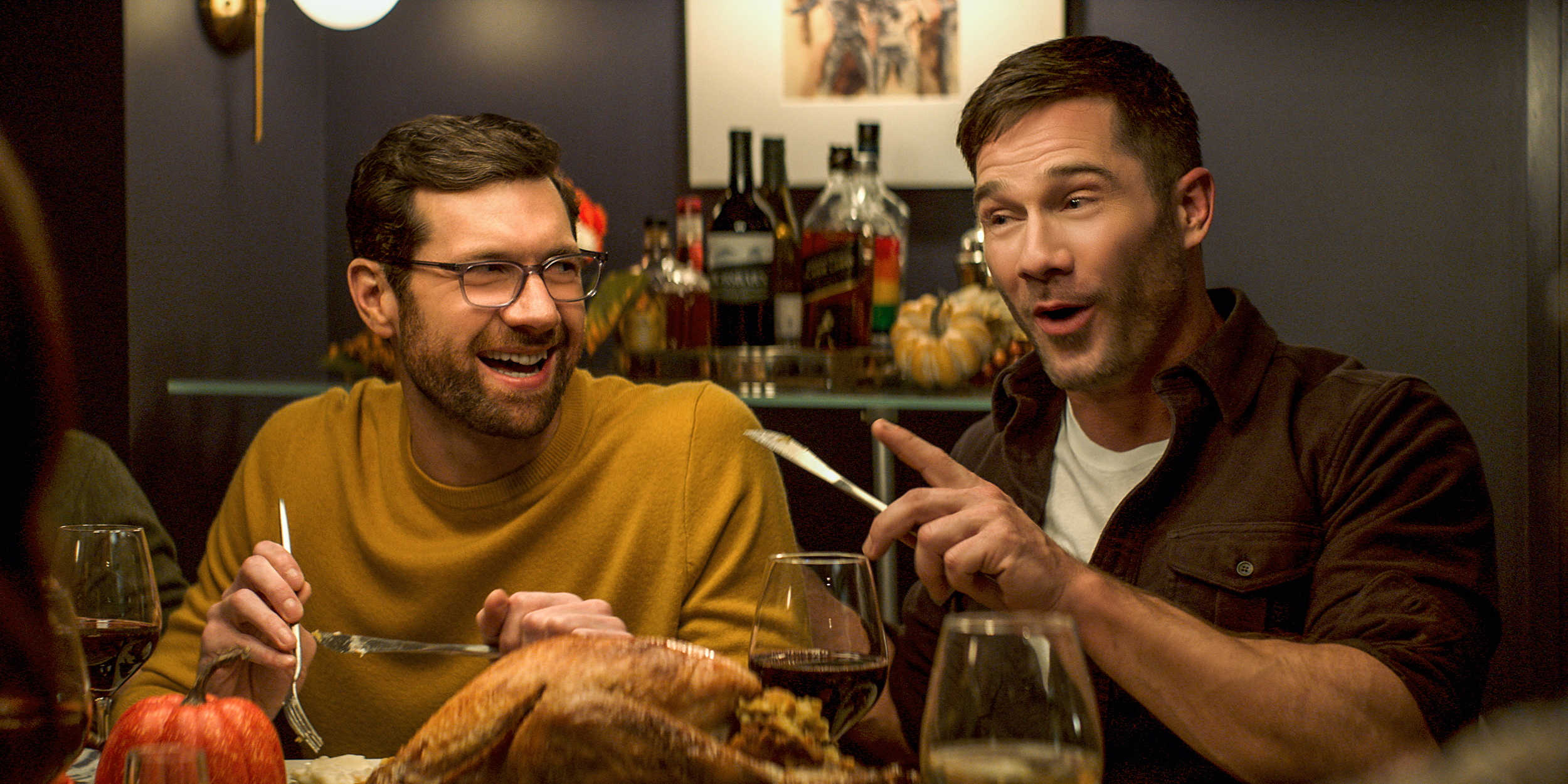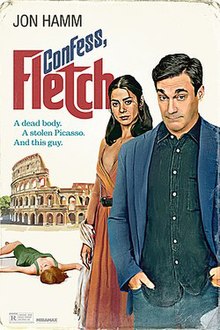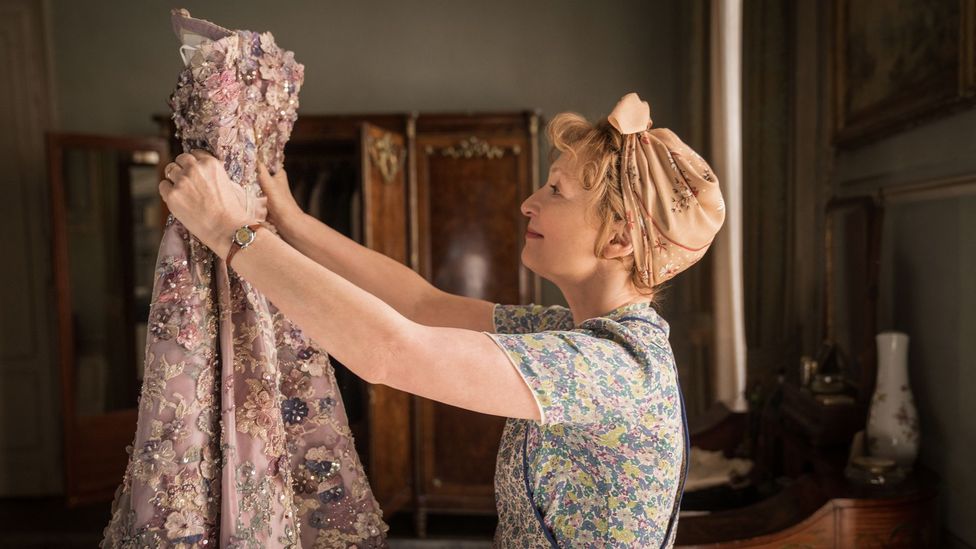Rosaline
Posted on October 12, 2022 at 9:52 am
B +| Lowest Recommended Age: | High School |
| MPAA Rating: | Rated PG-13 for some suggestive material and brief strong language |
| Profanity: | Strong language (s-words, one f-word) |
| Alcohol/ Drugs: | Some alcohol |
| Violence/ Scariness: | Some swordplay and fight scenes |
| Diversity Issues: | A theme of the movie |
| Date Released to Theaters: | October 14, 2022 |
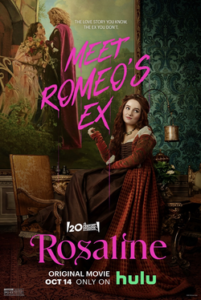
Ever wonder how the story might look from Rosaline’s perspective? Author Rebecca Serle did, with her novel, When He Was Mine, now the basis for a witty romantic comedy starring the wildly talented Kaitlyn Dever (who also executive-produced) as the woman scorned. It is sly, clever fun on its own, but the better you know Shakespeare’s play, the more you will enjoy it.
it begins on a balcony. Rosaline’s balcony. Romeo is telling her about his feelings, in words that will seem familiar. And, as will also seem familiar, their secret tryst is interrupted by a call for her from inside. Like Juliet, she has a nurse/confidant (a terrifically dry Minnie Driver), and a father who is eager to marry her off (Bradley Whitford). Rosaline believes that she and Romeo are meant to be together (though she is not quite ready to say, “I love you”).
And then, while on a boat with one of the suitors her father has foisted on her, she misses that Capulet masked ball, and, well, we know that part of the story. That suitor is Dario, played with full Shakespearian dash, wit, and gallantry by Sean Teale, and in true Shakespearian fashion, when not writing about instant true love, they begin as hostile combatants. He even calls her a shrew. This is a reference, of course, to another Shakespeare play, but no one gets tamed in this one.
But, in this version, Rosaline, the woman scorned, does go all-out “My Best Friend’s Wedding” on her cousin, and tries every way she can think of to get her boyfriend back. She even enlists Dario’s help. Like the recent “Catherine Called Birdy,” much of the humor comes from a very modern sensibility, with contemporary language, pointing up some of the absurdity of the canon.
Juliet is played by sweet-faced Isabela Merced. At first, she is intrigued by what Rosaline has to show her about the bigger world. When she realizes that Rosaline has not been honest with her, she pursues the relationship with Romeo and comes up with a plan to pretend to be dead. Rosaline says what audiences have been waiting to say for centuries. It is a dumb plan. And those audiences will appreciate what Rosaline and Dario work out as a better ending, especially with a mid-credit. sequence harking back to Dario’s description of what he thinks love is. Romeo may be great at poetic speeches on balconies, but you need more than that on life’s journey.
For the record, this movie does not “ruin” or even disrespect “Romeo and Juliet.” The play and its many versions and variations are still with us, from the Franco Zefferelli and Baz Luhrmann films to the Gounod opera and “West Side Story.” They are all still there, intact, and easy to access. What this does is remind us that even minor characters in our stories can have value and agency, that exploring other perspectives can increase our understanding and empathy. And that it can be a lot of fun.
Parents should know that this film includes some strong language and swordplay violence.
Family discussion: What story would you like to re-tell from a minor character’s perspective? What made Rosaline and Dario change their minds about each other? What do you think of Dario’s description of love?
If you like this, try: “Ophelia,” a smart and serious version of “Hamlet” from the perspective of the young woman, “Catherine Called Birdy,” another sharp modern take on a medieval story about a young woman, and “A Knight’s Tale”

